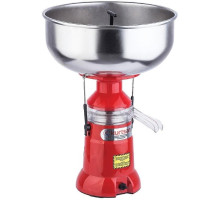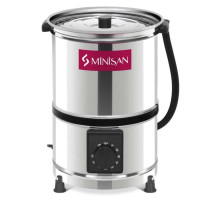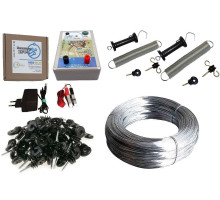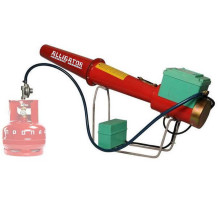Caring for a puppy is not only the joy of communicating with a furry friend, but also a great responsibility. One of the first and most important steps in ensuring the health of your pet is timely vaccination. The first vaccination of a puppy is a fundamental stage that lays the foundation for strong immunity and protects the dog from dangerous infectious diseases. In this article, we will take a detailed look at why vaccination is key, when it should be carried out and how to prepare your puppy for this process.
The importance of vaccination for puppies
Puppies are born with immunity that is passed on from their mother through colostrum, the first milk rich in antibodies. However, this protection is temporary and wanes during the first few weeks of life. During this period, puppies are particularly vulnerable to diseases such as distemper, parvovirus enteritis, infectious hepatitis and rabies. These diseases can be fatal, especially for young dogs whose bodies are not yet able to fight off infections on their own.
The first vaccination starts the process of forming active immunity, which helps the puppy's body recognize and neutralize viruses and bacteria. Thanks to this, your pet gets a chance for a healthy life and can avoid serious complications in the future.
Optimal time for the first vaccination
Veterinarians recommend that the first vaccination be given at 6–8 weeks of age. This is when maternal antibodies gradually wear off and the puppy’s own immunity has not yet developed. The first vaccination usually includes protection against parvovirus and distemper, two of the most common and dangerous diseases for young dogs.
After the first vaccine, a booster vaccination schedule should be followed, as determined by your veterinarian. A second dose is given 2–4 weeks later to establish an immune response. Rabies vaccination is usually given later, at 12 weeks of age or older, depending on local requirements and legislation.
It is important to remember that until the full course of vaccinations has been completed, the puppy should not be taken out for walks in places where there is a risk of contact with other dogs or contaminated environments. This will help to avoid infection before the immunity is strong enough.
Preparing for vaccination: what you need to know
For the procedure to be safe and effective, it is important to properly prepare the puppy:
- Health comes first. Only healthy animals can be vaccinated. Before vaccination, the veterinarian should examine the puppy, take its temperature, and make sure there are no symptoms of illness (lethargy, diarrhea, coughing, etc.).
- Deworming. Deworming should be performed 7–10 days before vaccination, as parasites weaken the immune system and may reduce the effectiveness of vaccination.
- Calm atmosphere. Avoid stressful situations for the puppy before and after vaccination. Stress can affect the body's immune response.
After vaccination, carefully monitor your pet's condition. A slight lethargy or loss of appetite for a day is a normal reaction. However, if you notice severe weakness, fever, or allergic reactions, contact your veterinarian immediately.
Long-term benefits of timely vaccination
By investing in the first vaccination and following the vaccination schedule, you not only protect your puppy from diseases, but also save money on future treatments. For example, parvovirus enteritis treatment can cost significantly more than the entire course of vaccinations, not to mention the emotional stress for you and your pet.
In addition, vaccinated dogs are safe for the environment – they do not become carriers of dangerous infections, which is especially important in cities with a large number of pets.
Conclusion
Your puppy's first vaccination is not just a formality, but a vital step for its health and longevity. Timely vaccination, proper preparation and consultation with a veterinarian will help your pet grow up strong and active. Don't delay this process - give your puppy the protection he deserves!













